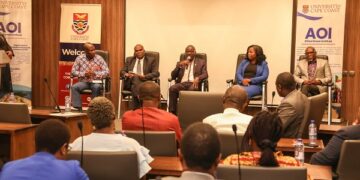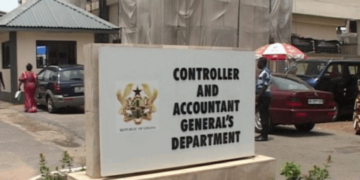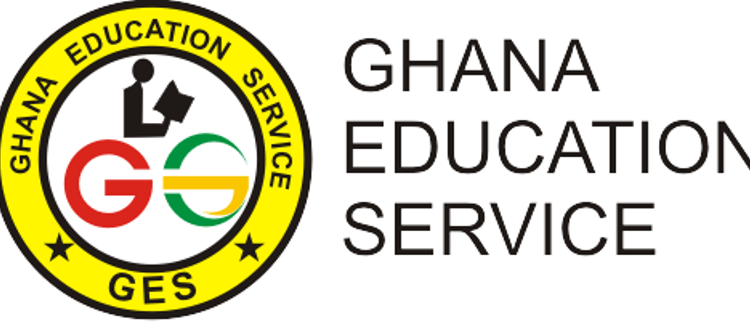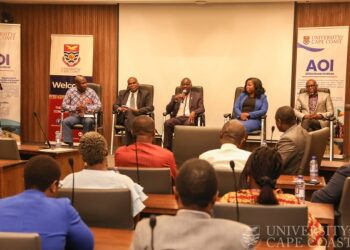The Ghana Education Service (GES) has clarified misconceptions arising from a letter from the National Council of Parent-Teacher Associations (NCPTAs).
In the letter, the National Council of PTAs expressed their support for the content of the guidelines proposed by GES but raised concerns about some parts.
They mentioned their dissatisfaction with GES’ intent to change their association’s name from PTA to PA. Additionally, they found paragraphs four and 17 of the guidelines to be inconsistent. They observed that while paragraph four talks about giving autonomy to the association, paragraph 17 requires submitting audited accounts and reports for approval, which they believe undermines their autonomy.
In a statement issued on January 18 by Cassandra Twum Ampofo, Head of the Public Relations Unit at the Ghana Education Service (GES), several key points were highlighted the following to clear up misunderstandings.
1. As captured in the Guidelines for Parent Associations, the GES appreciates and values the immense contributions that parents and guardians individually and collectively make to schools.
2. The Service does not have any form of relationship with the said Council. 3. Parent Associations or Parent Teacher Associations in the past have always been school-specific with no national orientation. The clear criteria for becoming a member of the Association is to be a parent or guardian with a child/ward in the said school in which the association operates.
4. The GES has not excluded teachers from participating in the association. In fact, clause 6 clearly articulates that a teacher or staff of a school that has a child or ward in the school may join the association, including becoming an executive of the association.
5. Clause 6 further encourages school authorities to provide any administrative support that the association may require in promoting the interest of the school.
6. In the current dispensation where the government has absorbed all fees, including intervention grants, GES saw the need to update its guidelines on how parent associations are to operate in our schools.
7. The intention is to ensure that we establish welcoming learning environments for our students, and we continue to believe that parents are critical partners in the delivery of education. We will, therefore, not compromise on that partnership as reflected in the school-specific associations and the support they provide to their schools.
Read more @ atlfmnews

























